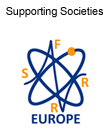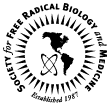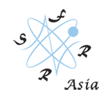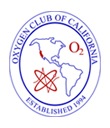
Symposium Speaker
Stuart A. Lipton
 Professor, and Scientific Director, Sanford-Burnham Center for Neuroscience, Aging, and Stem Cell Research;
Professor, Salk Institute for Biological Studies, The Scripps Research Institute, and the University of California, San Diego
Professor, and Scientific Director, Sanford-Burnham Center for Neuroscience, Aging, and Stem Cell Research;
Professor, Salk Institute for Biological Studies, The Scripps Research Institute, and the University of California, San Diego
Educated at three Ivy League universities, Dr. Lipton is a research scientist and, clinical neurologist. He completed his clinical and scientific training at Harvard as a postdoctoral fellow with Prof. Torsten N. Wiesel when Wiesel won the Nobel Prize. Dr. Lipton then spent 25 years on the faculty at Harvard before moving to La Jolla in the fall of 1999 as founding director of a new neuroscience center. He is best known for discovering the mechanism of action and contributing to the clinical development of the latest FDA-approved treatment for Alzheimer’s disease (memantine/Namenda). His group also characterized the molecular pathways for protecting neurons by Erythropoietin (a drug marketed for the treatment of anemia). Lipton and collaborator Jonathan Stamler discovered the chemical reaction termed S-nitrosylation as a ubiquitous redox-regulator of protein function. Additionally, Lipton was the first to clone and characterize the transcription factor MEF2C, and showed that it is a redox-regulated master swtich for neurogenesis from human embryonic and induced pluripotent stem cells (ESCs and iPSCs). Lipton’s group has also shown that dysregulation of MEF2C is involved in the etiology of some ofrms of autism-spectrum disorders. Lipton is a recipient of the Ernst Jung Prize in Medicine, considered one of the top fix or six medical prizes worldwide, and was recently elected a fellow of the AAAS.
« Go Back





